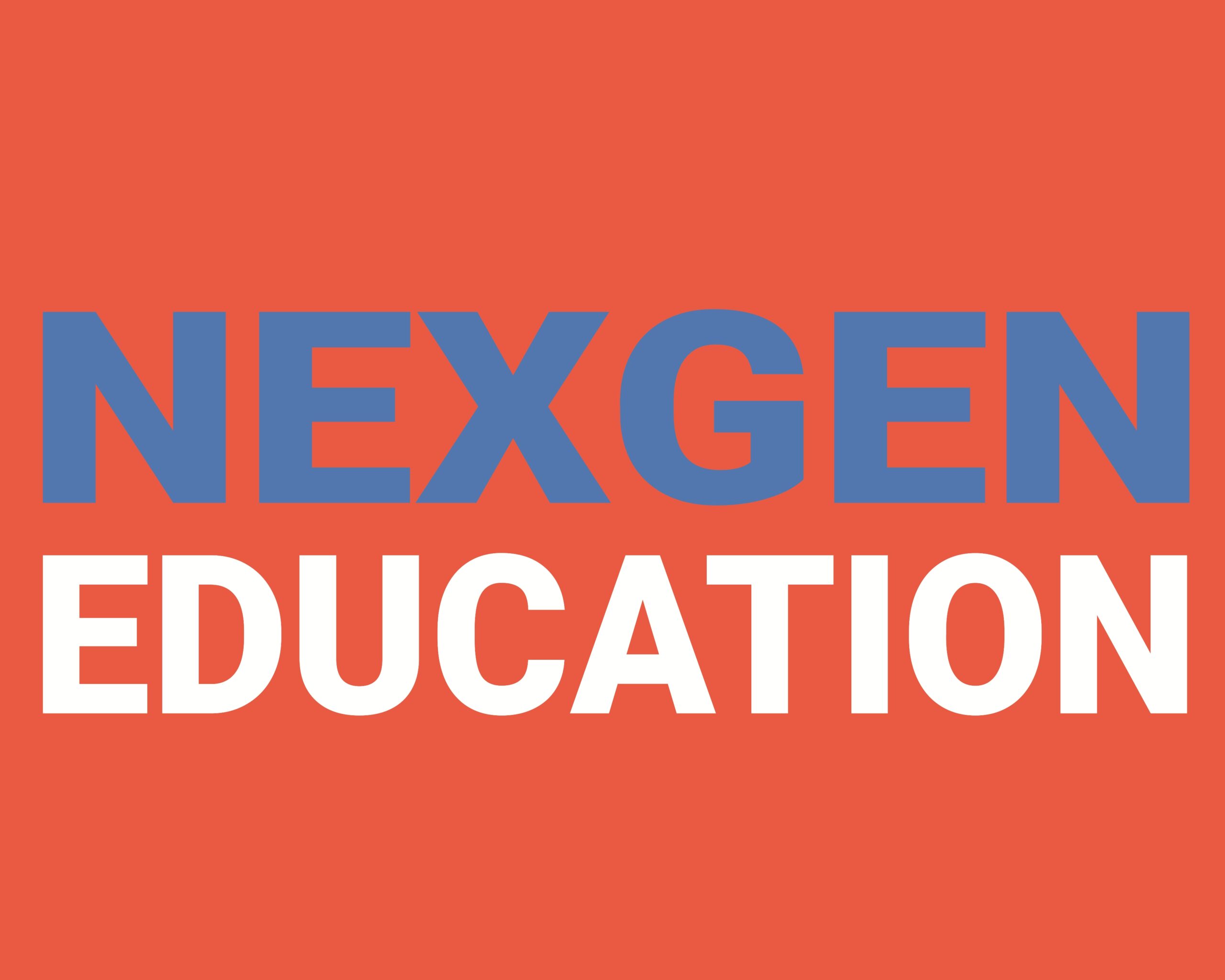For Whom :
This programme is Ideal for existing or aspiring HR Professionals /Business Partners or if you’re looking to take the next step in your HR career
What you will Gain :
This Diploma in Human Resource Management programme gives you the essential knowledge and skills needed to be a next generation HR Professional.
During the programme, you will gain a deep understanding of the HR function and the challenges and skills you will regularly face within the HR industry
Course Content
Unit 1 – Know Your Business / Work Environment
This unit gives you the compulsory knowledge to understand the environment of the business your organization involved in. It will be the key step for the success of your career as an HR professional.
Unit 2 – Introduction to Human Resource Management
In this course unit, candidates are introduced to the concept of human resource management from a contemporary business perspective, exploring what it is that the HR manager does, why it matters and how it fits in with the modern business framework. The importance of the HR code of ethics is also discussed in-depth.
Unit 3 – Recruitment and Selection
Course content in the second unit moves onto recruitment and selection, guiding candidates through each important step of the recruitment process. Topics covered include searching for employees, the interview process, shortlisting and selecting the appropriate candidates and effective screening techniques.
Unit 4 – Contemporary development in employee relations
The importance of building and maintaining workable employee relations forms the core focus of this unit which brings trade unions and key policy areas into discussion. Candidates explore the concept and scope of industrial relations, the most important elements of employee relations and how to deal with unions and associations.
Unit 5 – Appraising Employees
Assessing and investigating worker execution shapes the essential focal point of Module 4, in which applicants are acquainted with effective systems/techniques for doing examinations, why it is that evaluations must be done normally for common advantage and an assortment of potential issues explicit to the evaluation procedure.
Unit 6 – Staff Training and Development
The core focus of Unit 6 is training and development of employees, incorporating an investigation of key employee training areas, assessing the cost-effectiveness of training and development programs and the value of effective training for the business as a whole.
Unit 7 – Managing Performance
The monitoring and management of employee performance represent the core topics of this unit, in which candidates explore succession planning and career development in-depth. The concept of the career-development interview is also introduced, along with the role and value of employee performance counselling.
Unit 8 – Reward Management
A variety of approaches to and effects of employee rewards are introduced in Unit 7, which focuses broadly on the various different types of rewards and incentives. Candidates are guided through merit pay, stock options, profit sharing, competence related pay and several other effective reward strategies.
Unit 9 – Equal Opportunity and Diversity
Diversity management and equal opportunities in the workplace form the primary themes of Unit 8, in which candidates explore the concepts of workplace discrimination, disability requirements and the diversity-management obligations of the contemporary business.
Unit 10 : Employment Law / Business Law
This unit introduces the major areas of employment legislation and the employment law system, focusing in particular on ways in which day-to-day HR activities are subjected to some forms of regulation.
Evaluation :
At the end of the programme, all the students will be evaluated through following methods. Final certificate will be issued as per the overall grade / marks obtained.
Written (online) exam
Presentation (Viva)
Final Project
Grading System :
Distinction, Merit, Pass
Those who fail to score the minimum marks level at the final exam will have to re-sit for the particular exam modules.
Eligibility :
GCE Advanced Level or
GCE Ordinary Level + 03 Years of Work Experience or
GCE Oridinary Level + Certificate course in HRM or Management related discipline
Duration : 06 Months
Delivery Mode : Online – Part time
Lecture Schedule : Thursday’s / Saturday’s 6.30 pm – 9.30 pm
Registrations are now available:
